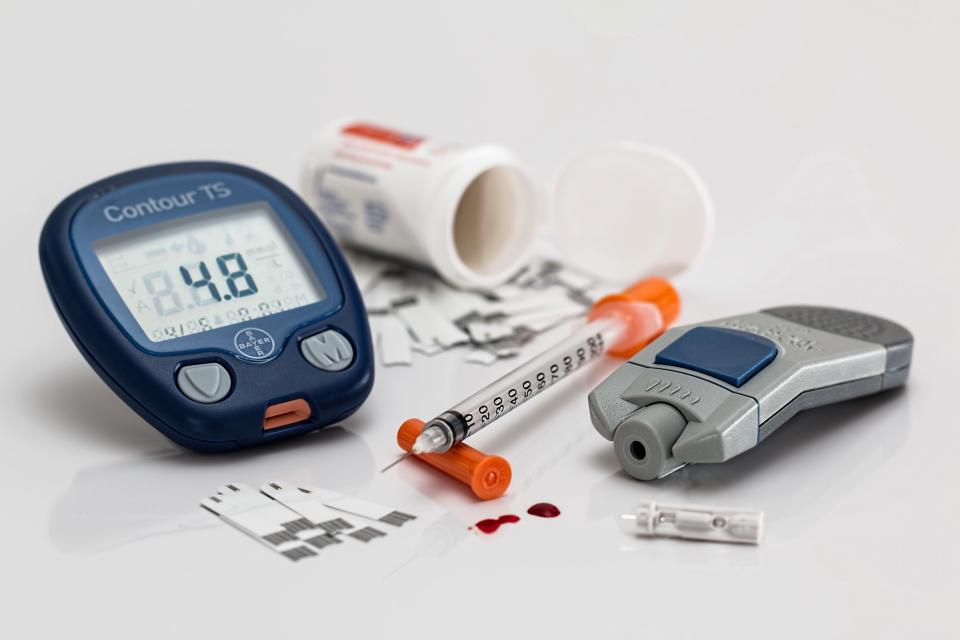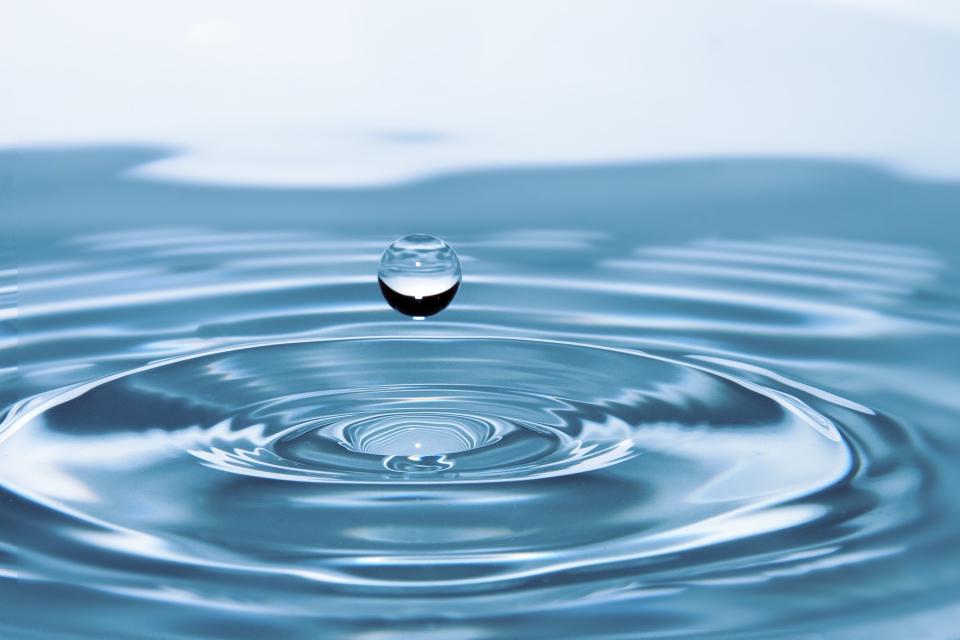Salt being bad for us is a 'myth', doctor claims

For years, the general consensus has been that in order to watch our blood pressure levels, we should keep our salt intake to a minimum.
But one doctor called Dr James Dinicolantonio has claimed that it’s all a lie and that if anything, not consuming enough salt is doing us more damage.
An associate editor of the British Medical Journal’s Open Heart, Dr Dinicolantonio wrote on Mail Online that there’s little scientific evidence to support the idea that low salt is good for us.
He says that on the contrary, not having enough of it “can cause insulin resistance, increased fat storage and may even increase the risk of diabetes — not to mention decreasing our sex drive”.

According to Dr Dinicolantonio, rather than an unhealthy substance we crave, these urges for salt are a normal biological need just like being thirsty and helps our bodies stay healthy and fertile.
“The average Korean, for instance, eats over 4g of sodium a day,” he explains.
“They feast on tteokguk, a broth-based soup full of salt, and bulgogi, grilled meat marinated in a sea of sodium-packed soy sauce. They eat kimchi — cabbage preserved in salt — with every meal.
“Yet Koreans have some of the world’s lowest rates for hypertension, coronary heart disease and death due to cardiovascular disease.”

He reckons that low-salt diets could even be causing more heart disease than they’re preventing, as well as contributing to the diabetes and obesity epidemic:
“If you slash salt intake dramatically, you could also develop an iodine deficiency, since salt is our best source of iodine.
“We need iodine for proper thyroid function, without which the metabolic rate may slow down.

“A slower metabolic rate results in the body storing more fat, particularly in the organs, which in turn promotes insulin resistance. Once again, weight gain results.”
He also says that a low-salt diet increases the risk of dehydration, which in turn causes exhaustion, which in turn causes over eating.
“Dehydrated cells leave you feeling exhausted, which encourages you to consume more calories,” he adds.
When it comes to how much salt we should be eating, Dinicolantonio says that “many healthy people needn’t worry about overloading”:

“The body takes care of any excess,” he says.
“Research suggests the optimal range for healthy adults is between 3g and 6g of sodium a day — about one-and-a-third to two-and-two-thirds of a teaspoon of salt.”
“Listen to your body. It has a built-in ‘salt thermostat’, an interconnected set of brain sensors that monitor sodium supplies in an effort to avoid activating those starvation hormones.
“And your brain would much prefer that you simply eat salt rather than having to scavenge it from vulnerable parts of the body.”
So should we be following in Dr Dinicolantonio’s footsteps? Well, advice from the British Heart Foundation doesn’t quite match up with his.

While the charity agrees that 6g, as Dinicolantonio said, is the daily maximum it reminds us that most people are eating far more than this – so getting too little salt is hardly an issue.
It also says that a wealth of evidence backs up that too much salt can contribute to high blood pressure, which can increase the risk of coronary artery disease.
So if you’d like to lower your blood pressure, not only should you cut your salt intake, but keep an eye on how much alcohol you’re drinking and your weight.
Follow us on Instagram and Facebook for non-stop inspiration delivered fresh to your feed, every day. For Twitter updates, follow @YahooStyleUK.
Read more from Yahoo Style UK:
This 70 year old looks amazing after cutting out sugar for 28 years
Women are putting wasp nests in their vagina (yes, really)
How to keep your wine cool (without watering it down with ice cubes)


